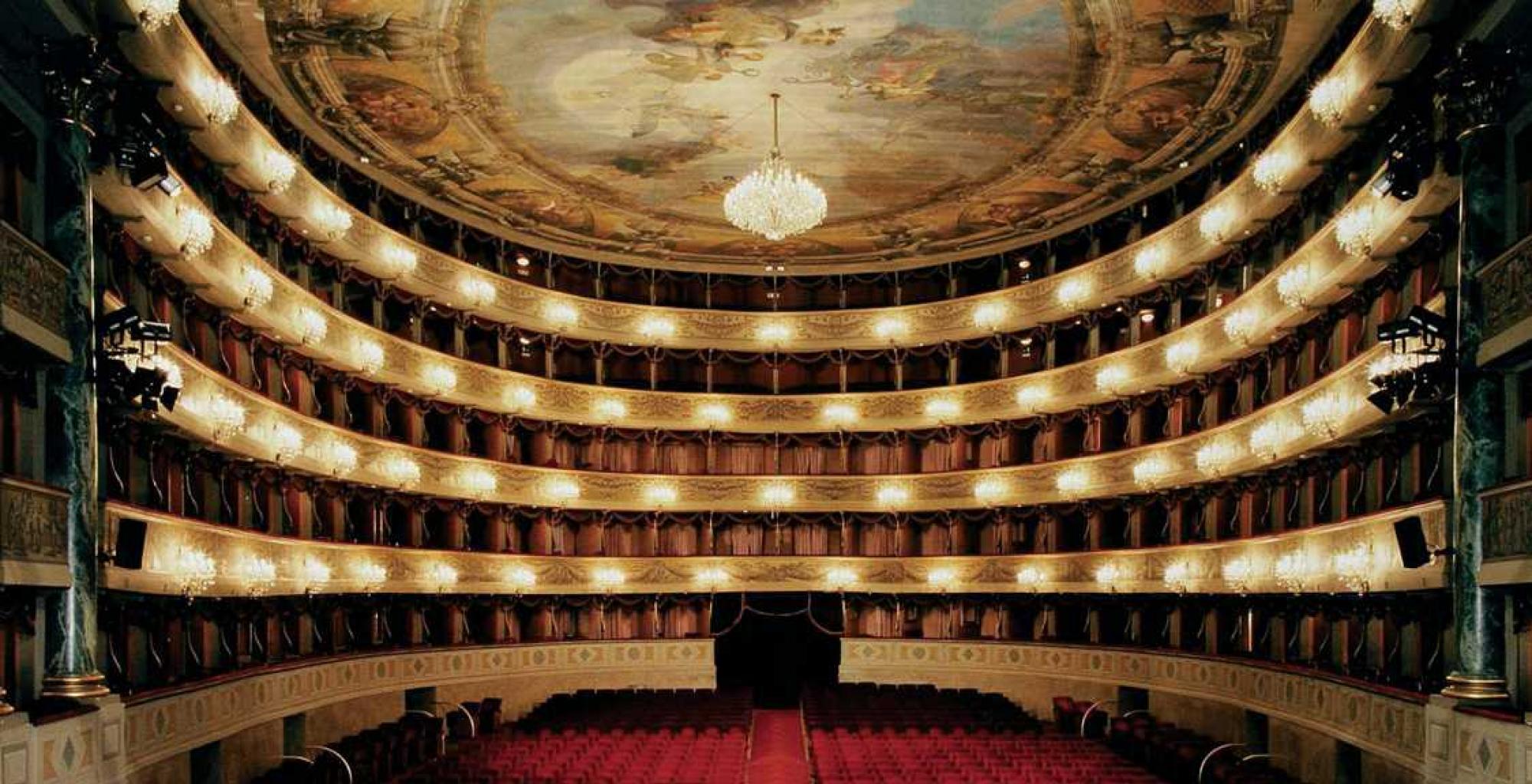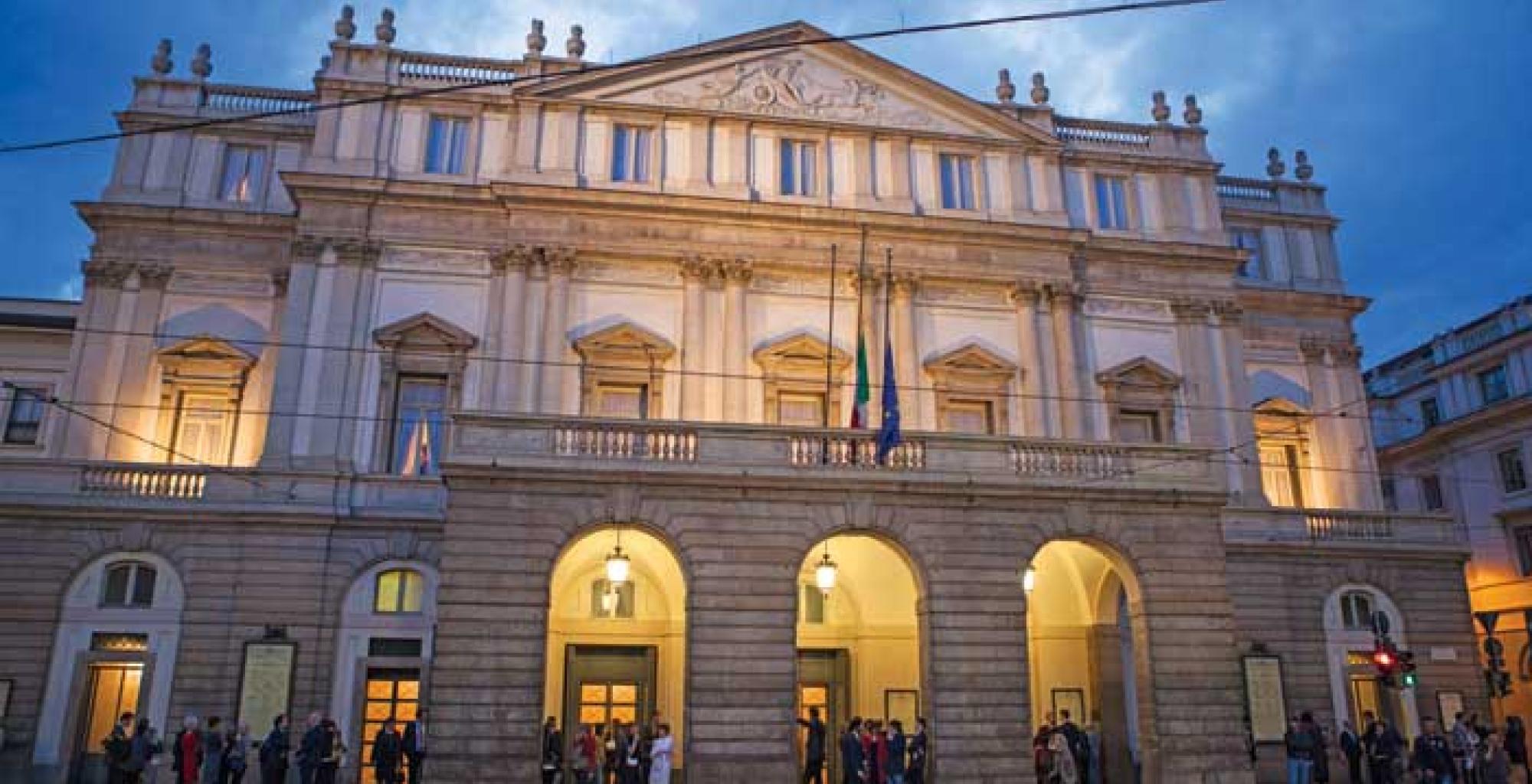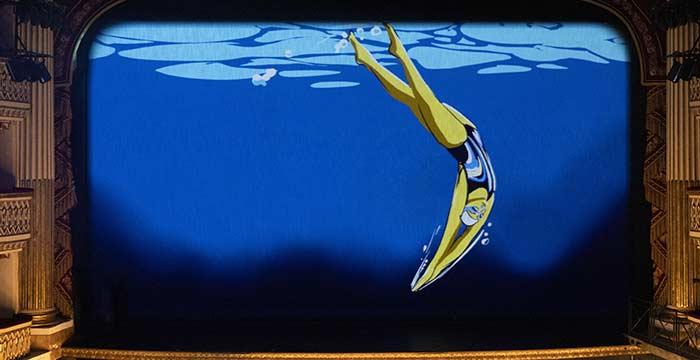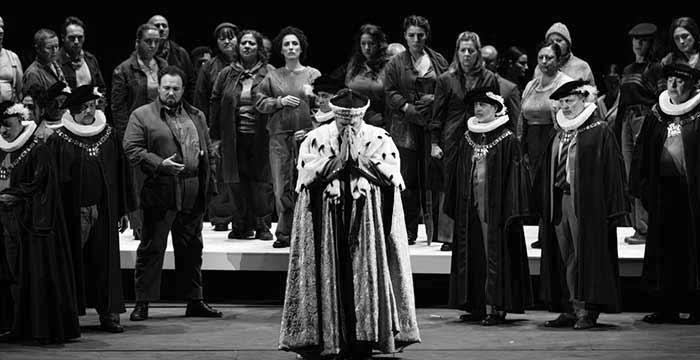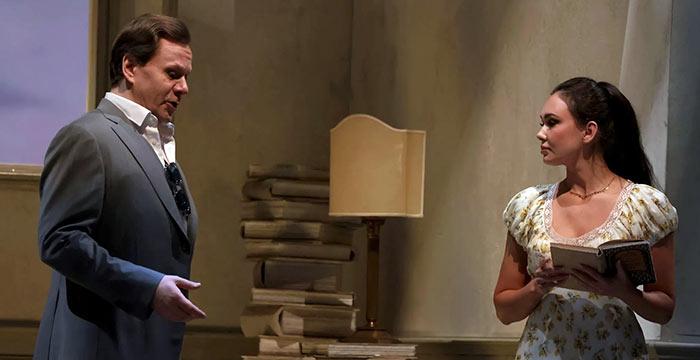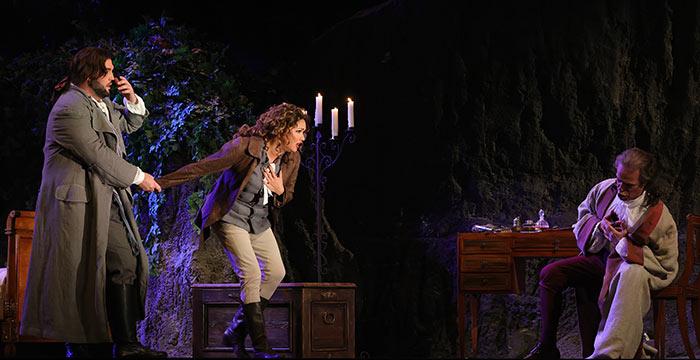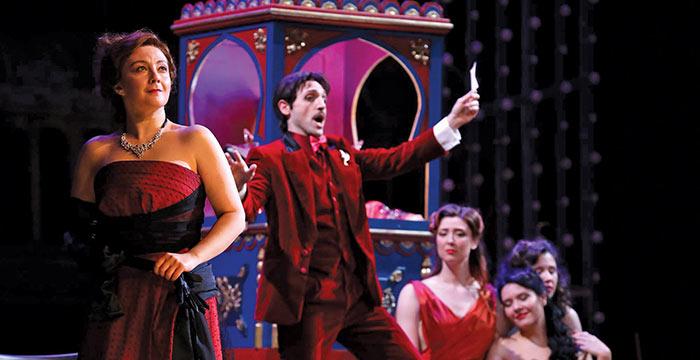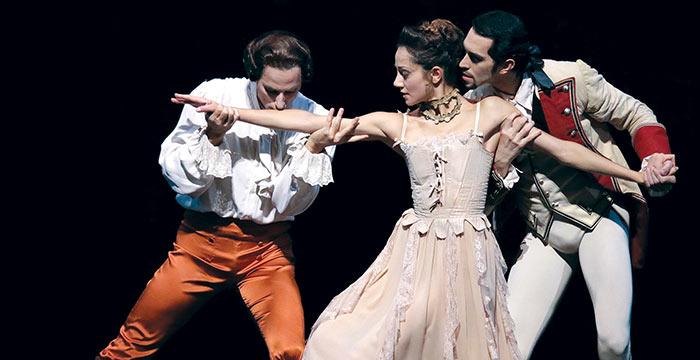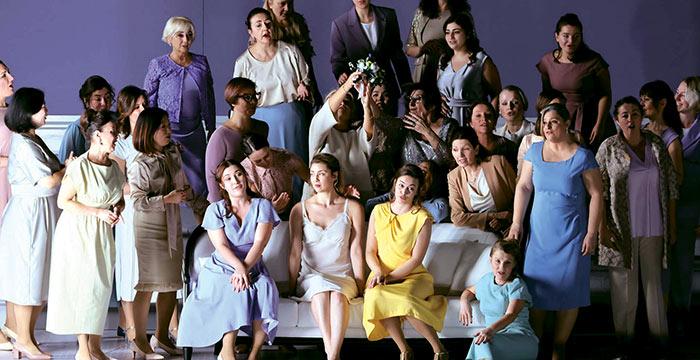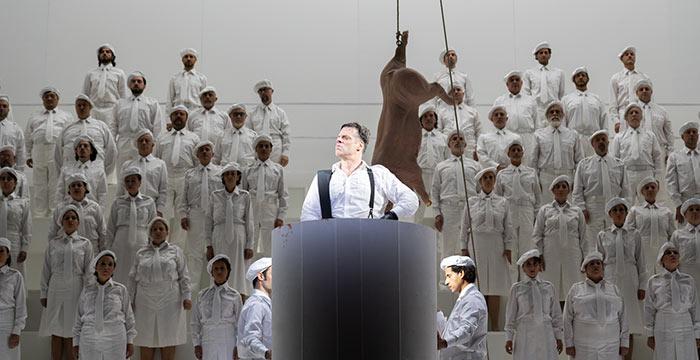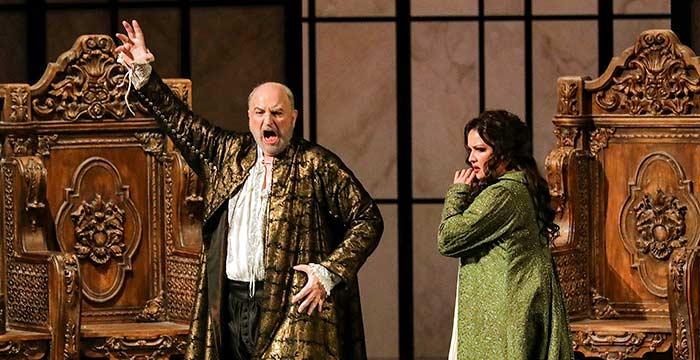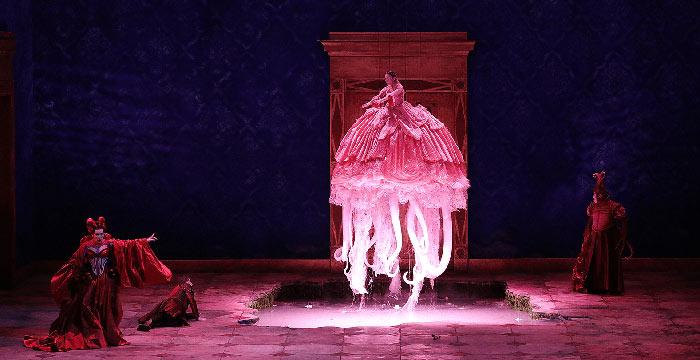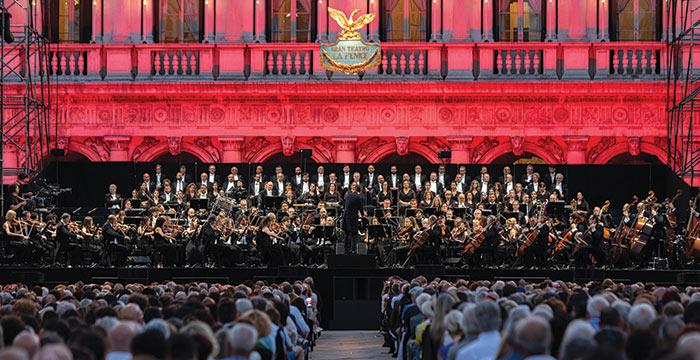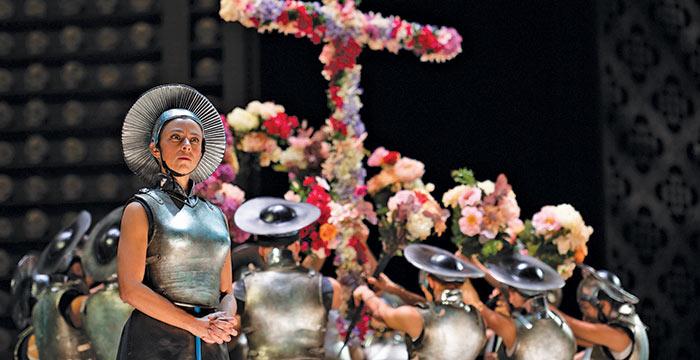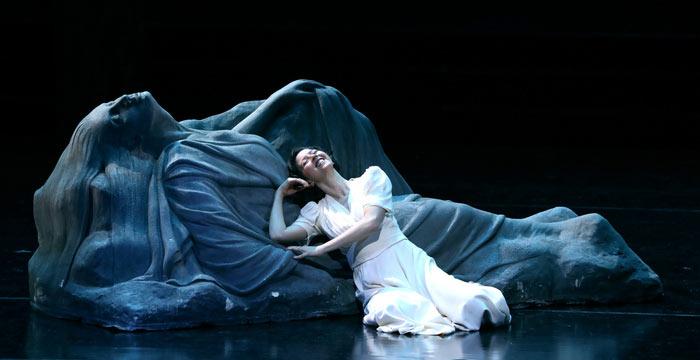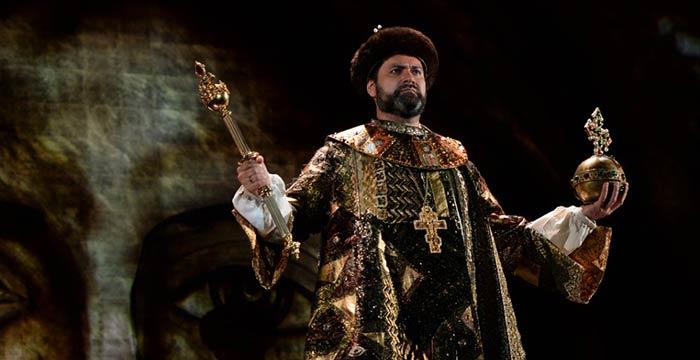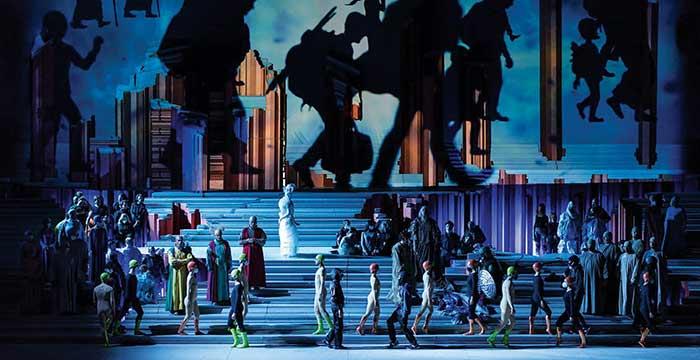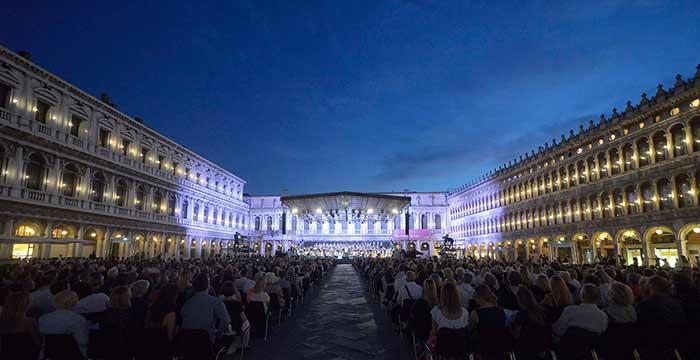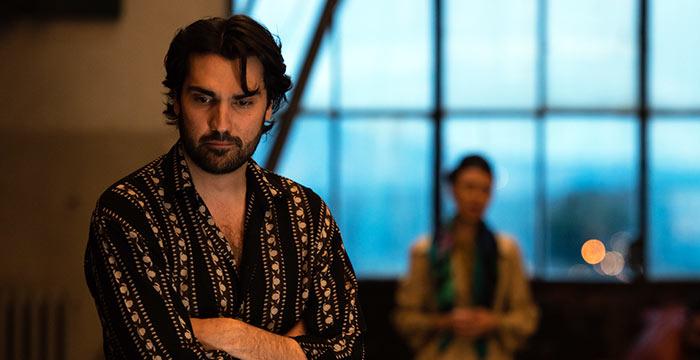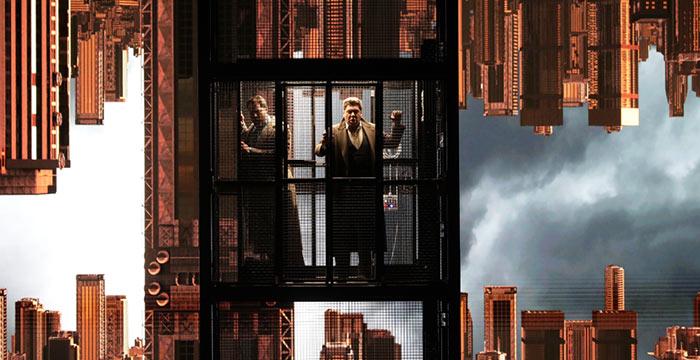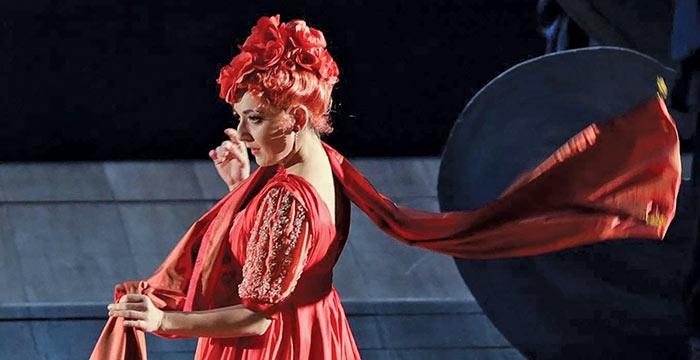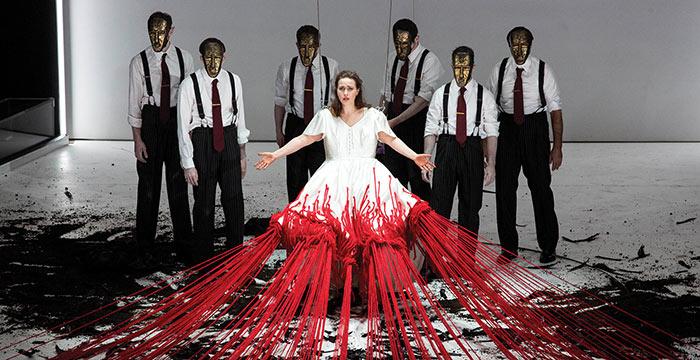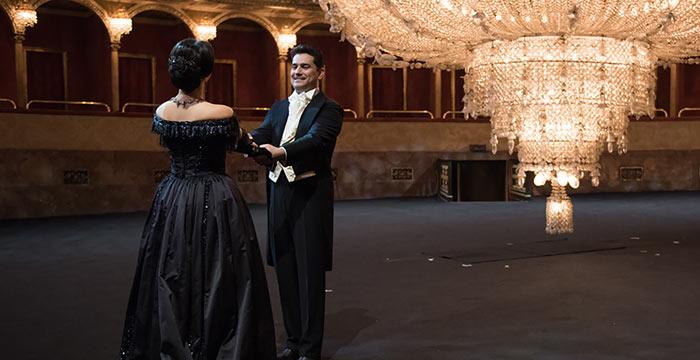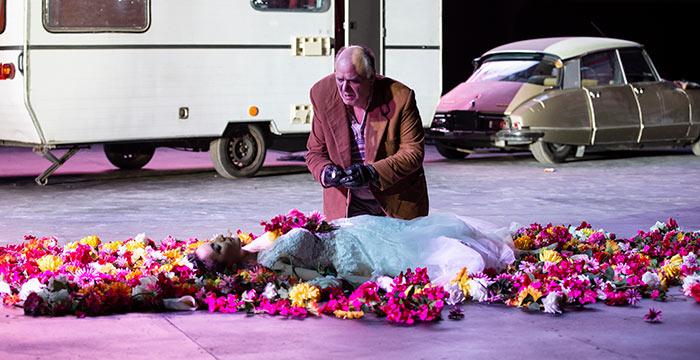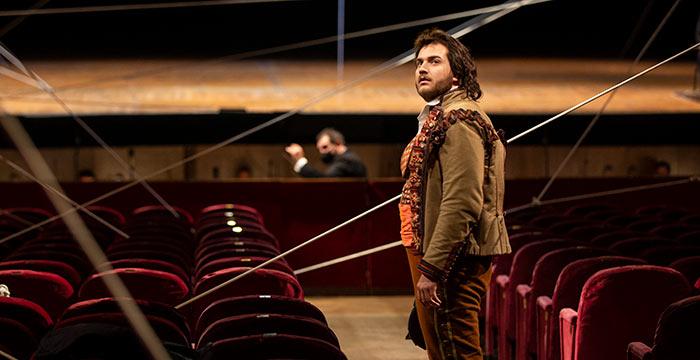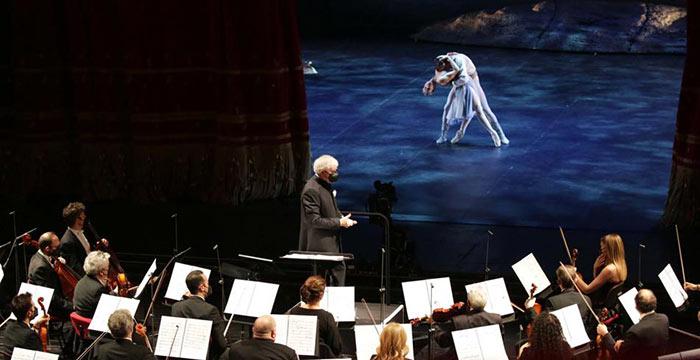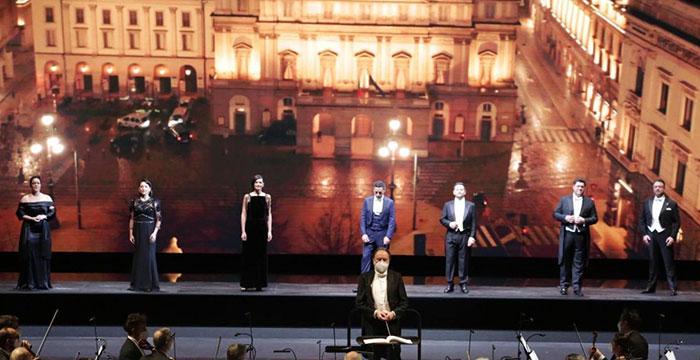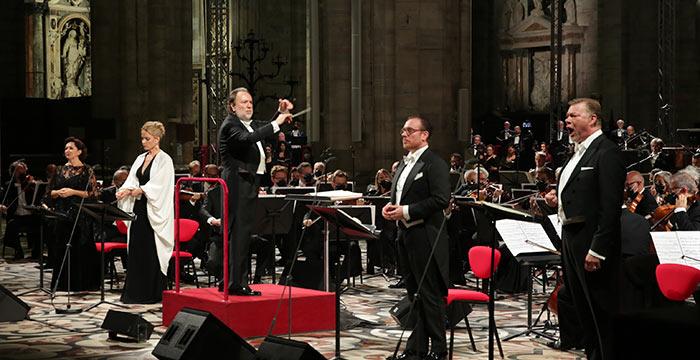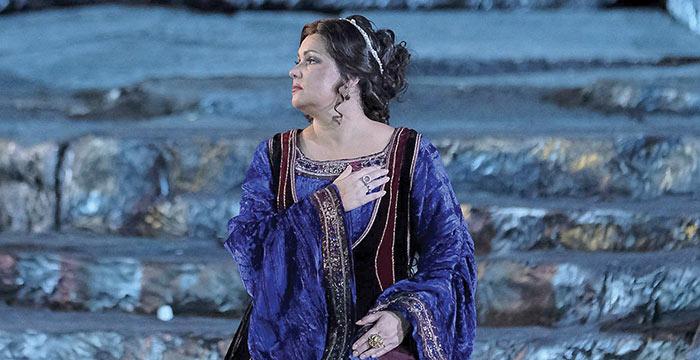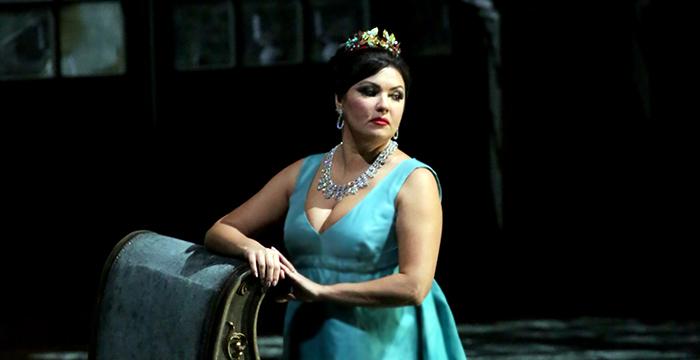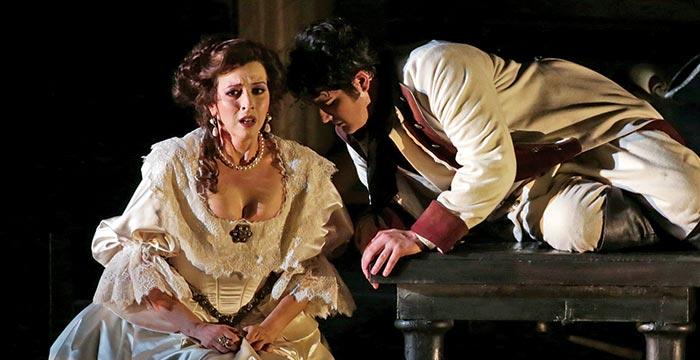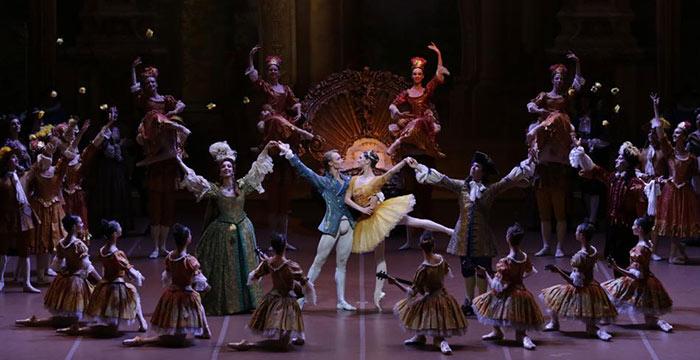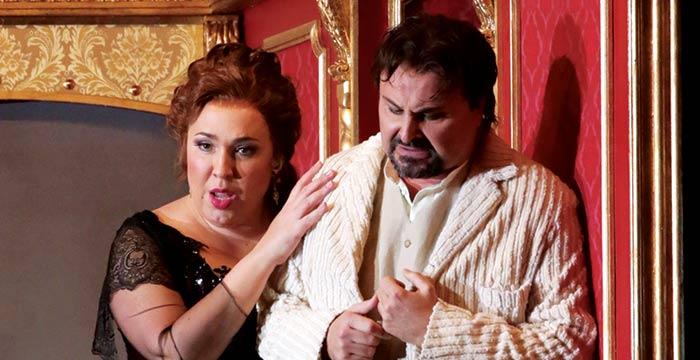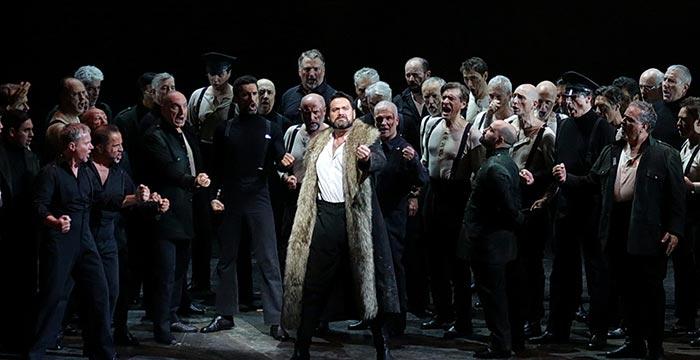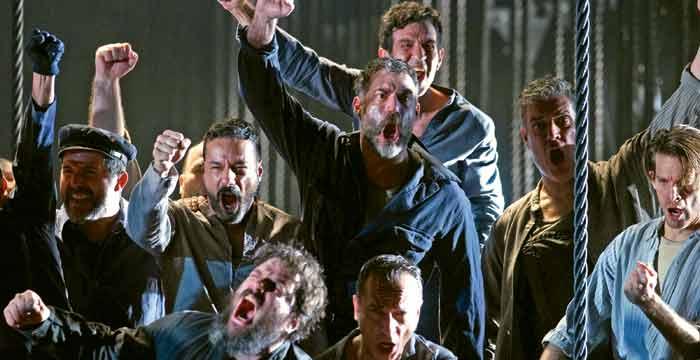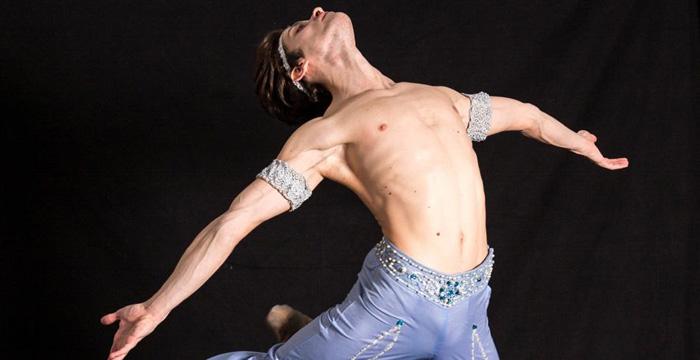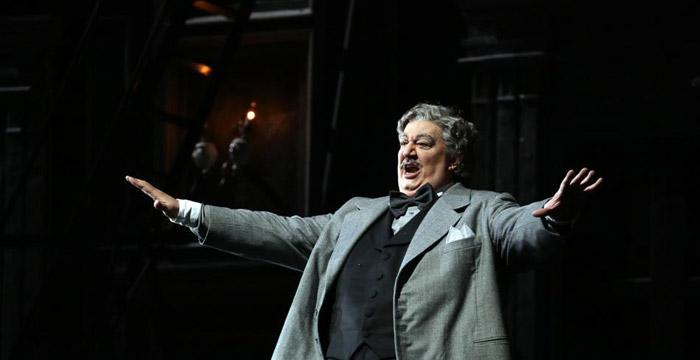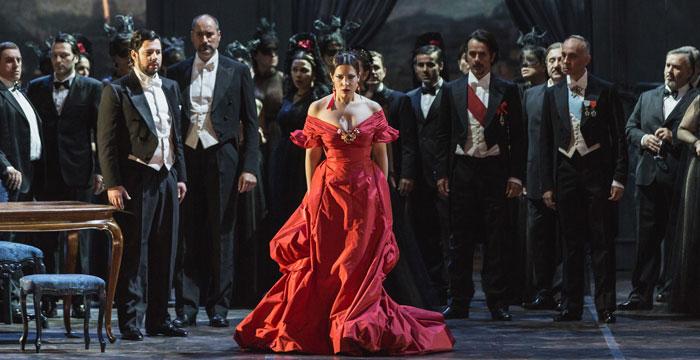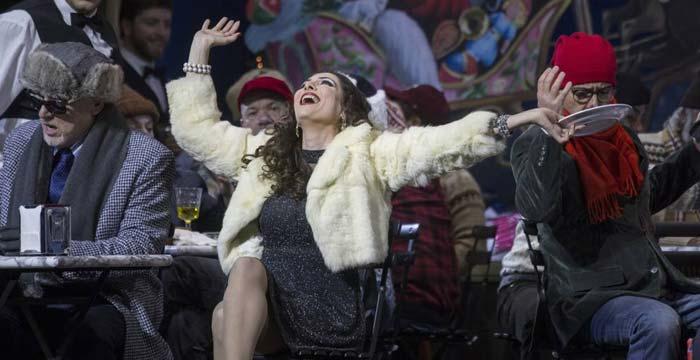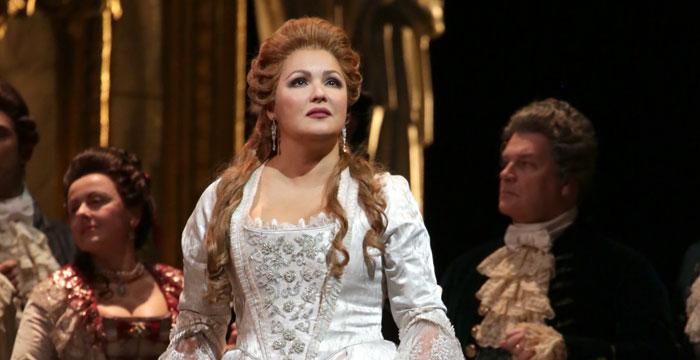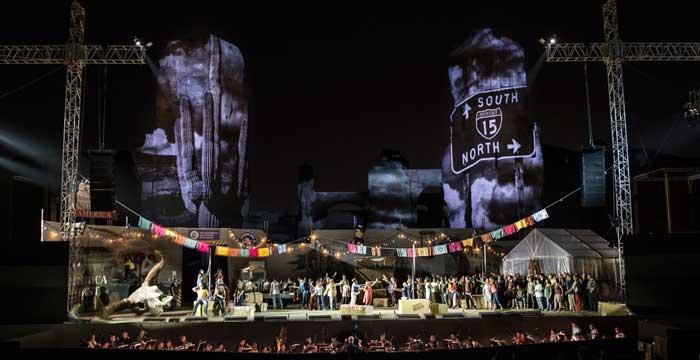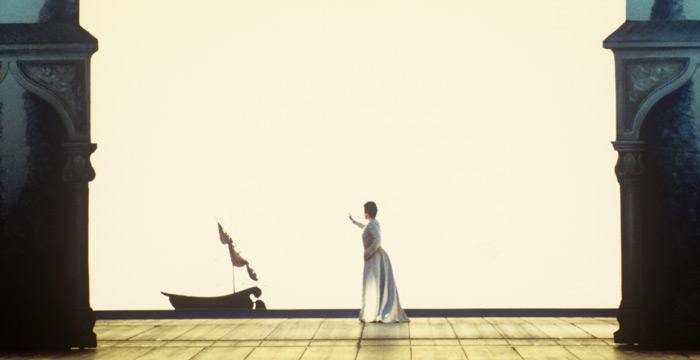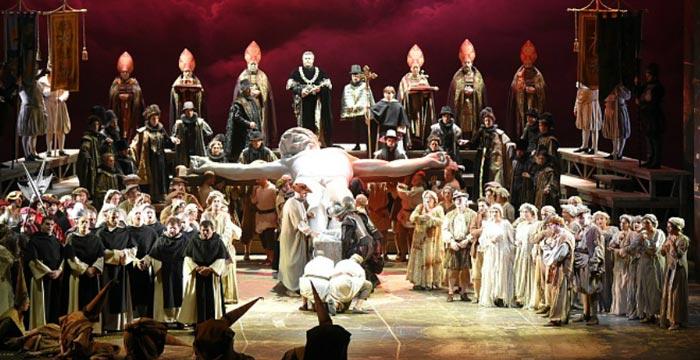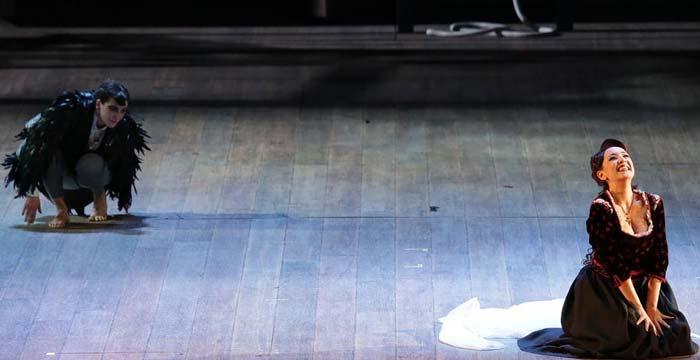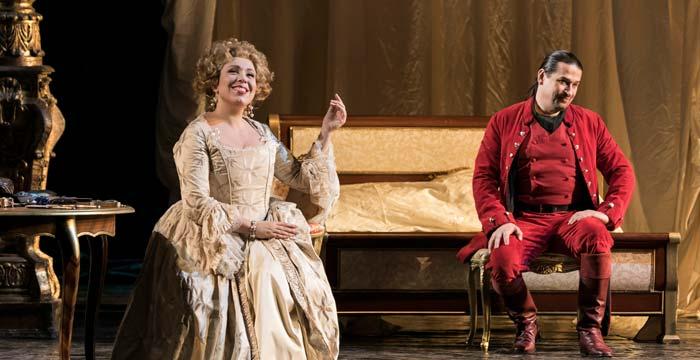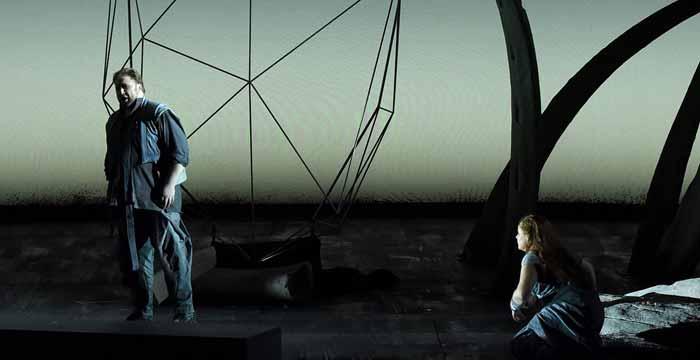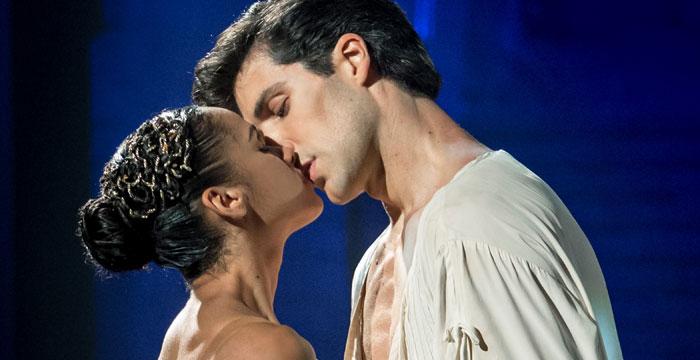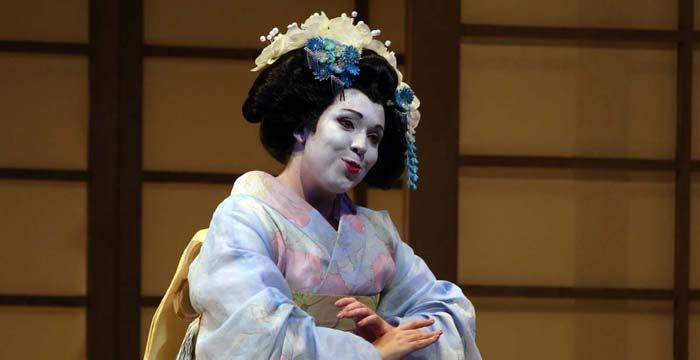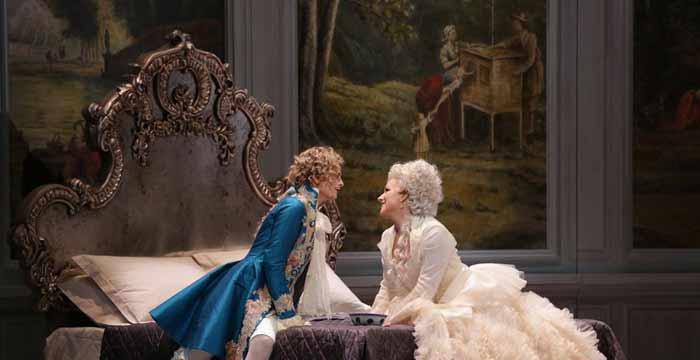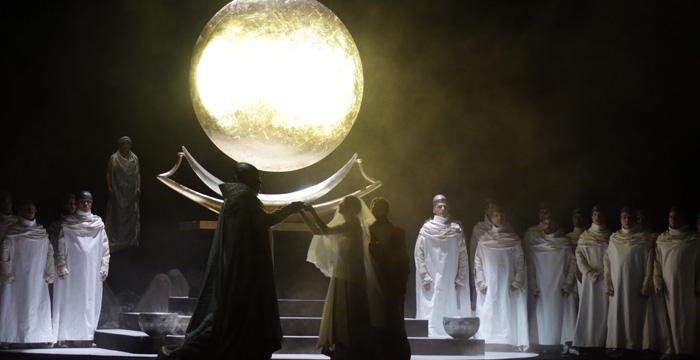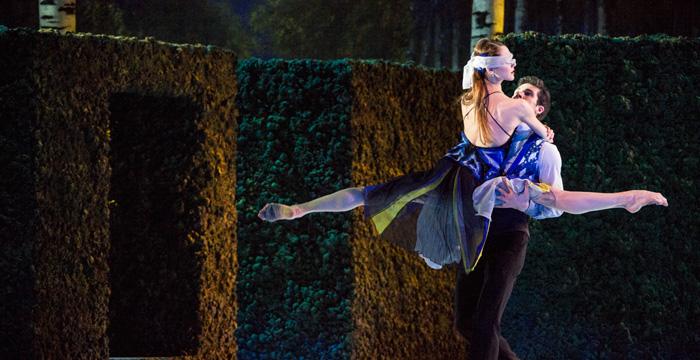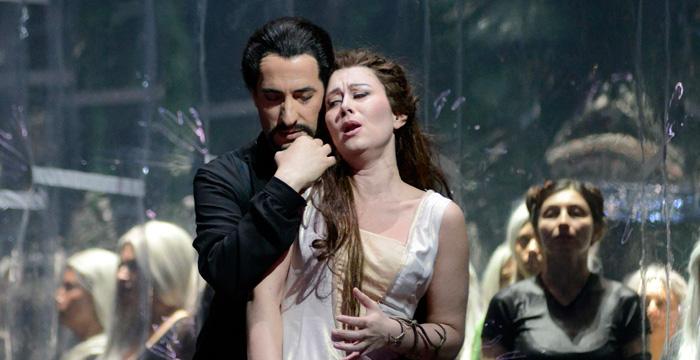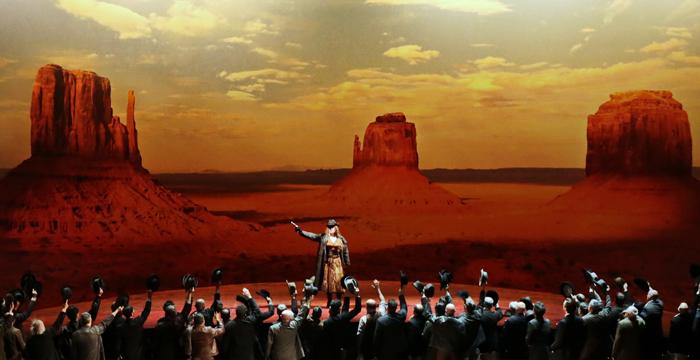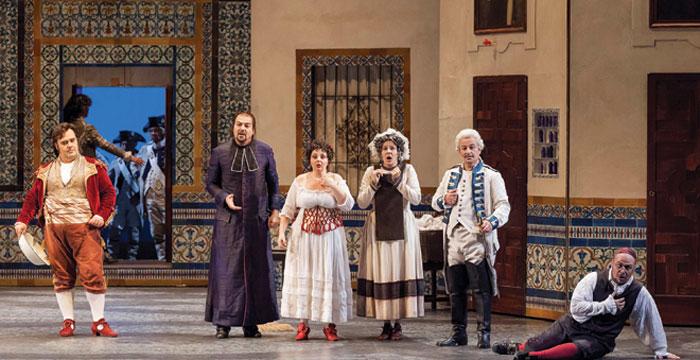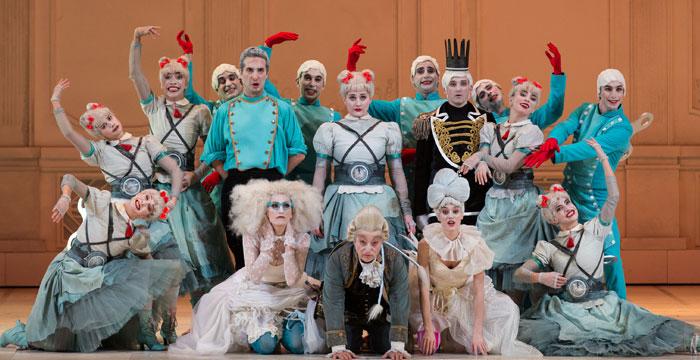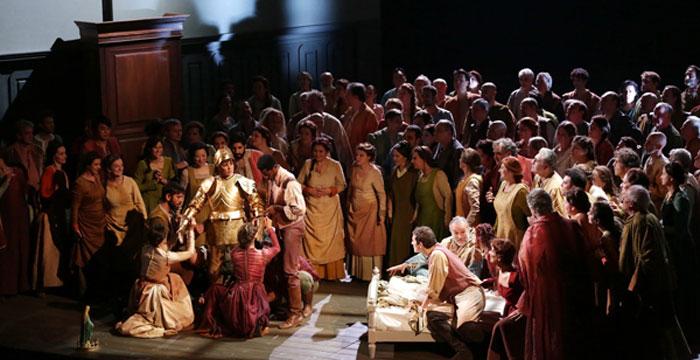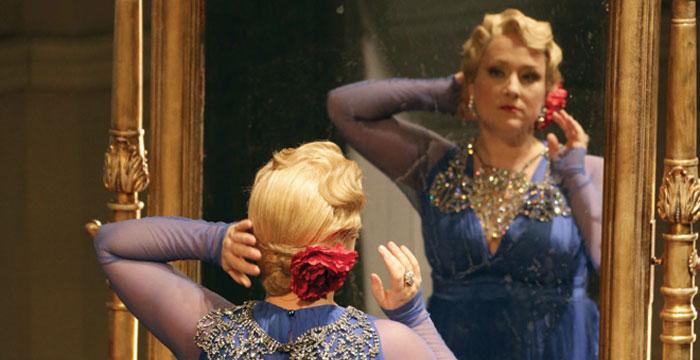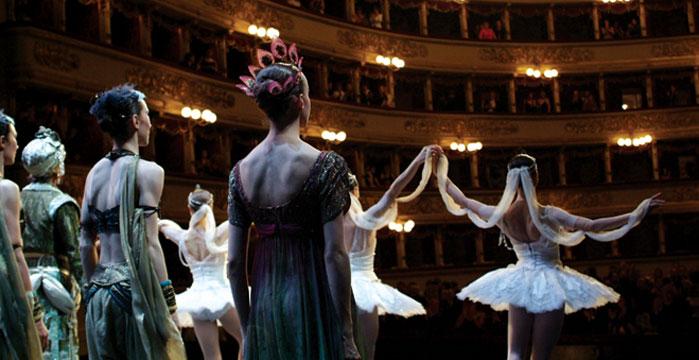 The most famous opera house in the world, Milan’s Teatro alla Scala (pictured) is the birthplace of the artform. It was inaugurated on 3 August 1778, under the auspices of the Empress Maria Theresa of Austria, replacing the Royal Ducal Theatre. The simple exterior reserves the opulence for within: statues of Verdi, Rossini, Bellini and Donizetti (who all gave premieres of the first performances of their work here) preside over the neo-classical foyer, tiers of red, gold and white boxes encircle the auditorium and massive fluted columns frame the stage. Apart from its sheet beauty and size (2200 seats), La Scala’s acoustics are said to be perfect. One of the leading opera and ballet theatres in the world, the venue is home to the La Scala Theatre Chorus, La Scala Theatre Ballet and La Scala Theatre Orchestra, as well as the La Scala Theatre Academy. Riccardo Chailly is the Musical Director & Principal Conductor. Frédéric Olivieri is Director of Ballet.
The most famous opera house in the world, Milan’s Teatro alla Scala (pictured) is the birthplace of the artform. It was inaugurated on 3 August 1778, under the auspices of the Empress Maria Theresa of Austria, replacing the Royal Ducal Theatre. The simple exterior reserves the opulence for within: statues of Verdi, Rossini, Bellini and Donizetti (who all gave premieres of the first performances of their work here) preside over the neo-classical foyer, tiers of red, gold and white boxes encircle the auditorium and massive fluted columns frame the stage. Apart from its sheet beauty and size (2200 seats), La Scala’s acoustics are said to be perfect. One of the leading opera and ballet theatres in the world, the venue is home to the La Scala Theatre Chorus, La Scala Theatre Ballet and La Scala Theatre Orchestra, as well as the La Scala Theatre Academy. Riccardo Chailly is the Musical Director & Principal Conductor. Frédéric Olivieri is Director of Ballet.
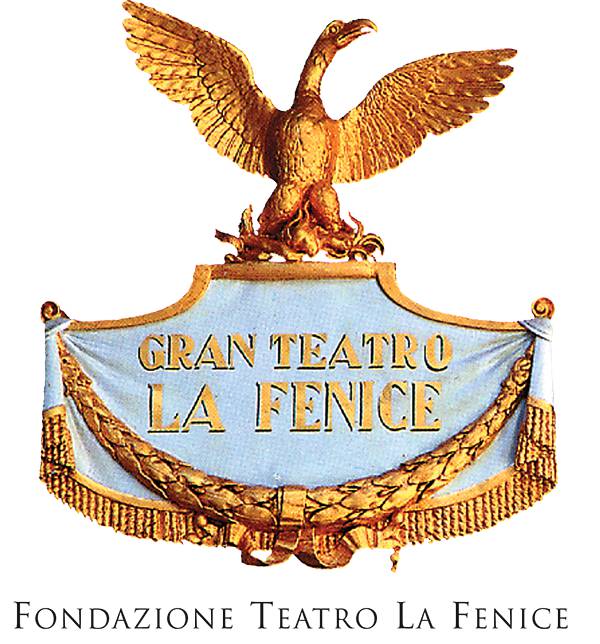 The exceptional Teatro La Fenice (the Phoenix) in Venice first opened in 1792 to replace the Teatro San Benedetto, destroyed by fire in 1774. La Fenice itself has twice been badly damaged by fire. In 2003 the theatre was restored, closely following the Meduna brothers’ 1837 design. Known worldwide for its dramatic beauty, La Fenice is also known for being the cradle of many great operas. It was the site of the infamous fiasco at the premiere of La Traviata, and of the great triumphs of Tancredi, Ernani and Rigoletto that helped launch the careers of Rossini and Verdi.
The exceptional Teatro La Fenice (the Phoenix) in Venice first opened in 1792 to replace the Teatro San Benedetto, destroyed by fire in 1774. La Fenice itself has twice been badly damaged by fire. In 2003 the theatre was restored, closely following the Meduna brothers’ 1837 design. Known worldwide for its dramatic beauty, La Fenice is also known for being the cradle of many great operas. It was the site of the infamous fiasco at the premiere of La Traviata, and of the great triumphs of Tancredi, Ernani and Rigoletto that helped launch the careers of Rossini and Verdi.
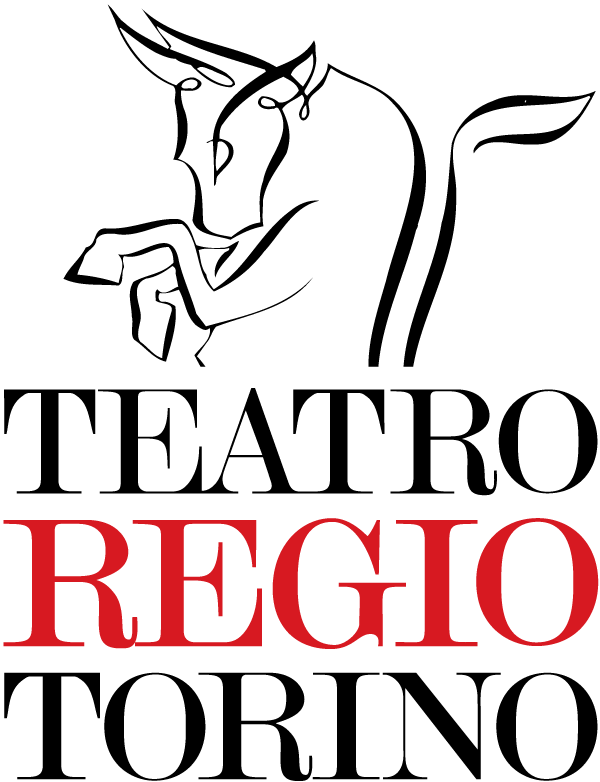 Inaugurated in 1740, Turin's grand opera house, Teatro Regio Torino, hosted the world premieres of Puccini’s Manon Lescaut and La Bohème, and the Italian premiere of Strauss’s Salome. Destroyed by fire in 1936, the amazing new Carlo Mollino-designed building was opened in 1973.
Inaugurated in 1740, Turin's grand opera house, Teatro Regio Torino, hosted the world premieres of Puccini’s Manon Lescaut and La Bohème, and the Italian premiere of Strauss’s Salome. Destroyed by fire in 1936, the amazing new Carlo Mollino-designed building was opened in 1973.
 Taking its current name at the advent of the republic, Rome’s Teatro dell’Opera di Roma performs from the beautiful, 1600-seat Costanzi Theatre, first inaugurated in 1880. This iconic venue hosted the world premiere of Mascagni’s Cavalleria Rusticana and Puccini’s Tosca among others. Terme di Caracalla is Opera di Roma’s extraordinary open-air theatre, set amidst the ruins of the ancient Roman baths (216 A.D.), a site where the company has performed its Summer Season since 1937. Michele Mariotti is Opera di Roma’s current Music Director.
Taking its current name at the advent of the republic, Rome’s Teatro dell’Opera di Roma performs from the beautiful, 1600-seat Costanzi Theatre, first inaugurated in 1880. This iconic venue hosted the world premiere of Mascagni’s Cavalleria Rusticana and Puccini’s Tosca among others. Terme di Caracalla is Opera di Roma’s extraordinary open-air theatre, set amidst the ruins of the ancient Roman baths (216 A.D.), a site where the company has performed its Summer Season since 1937. Michele Mariotti is Opera di Roma’s current Music Director.
 A work of art in itself, Florence’s astonishing 1800-seat Opera di Firenze was born as a legacy of the Maggio Musicale Fiorentino Festival, which commenced in 1933. Designed by the architect Paolo Desideri and inaugurated on May 10, 2014, the building represents one of the most ambitious urban projects of recent history.
A work of art in itself, Florence’s astonishing 1800-seat Opera di Firenze was born as a legacy of the Maggio Musicale Fiorentino Festival, which commenced in 1933. Designed by the architect Paolo Desideri and inaugurated on May 10, 2014, the building represents one of the most ambitious urban projects of recent history.
 First inaugurated as the Nuovo Teatro Pubblico in 1763 with a performance of Gluck’s The Triumph of Clelia, Bologna’s 1034-seat Teatro Comunale is Italy’s oldest existing opera house after Naples’ San Carlo, and was the first publicly funded house in the world.
First inaugurated as the Nuovo Teatro Pubblico in 1763 with a performance of Gluck’s The Triumph of Clelia, Bologna’s 1034-seat Teatro Comunale is Italy’s oldest existing opera house after Naples’ San Carlo, and was the first publicly funded house in the world.
 Constructed in 30 AD between the rule of Augustus and that of Claudio, Arena di Verona is the largest Roman amphitheatre still in use. The venue, 140x100metres and 31 metres high has an effective seating capacity of 30,000. The Opera Festival at the Arena di Verona began in 10th August 1913, with the first performance of Aida organized by Verona tenor Giovanni Zenatello and impresario Ottone Rovato to commemorate the centenary of the birth of Giuseppe Verdi. For over a hundred years (except for two short breaks during the two World Wars), every summer the Roman amphitheatre is transformed into the world’s largest open-air opera theatre, with 125 shows and over 400,000 paying spectators annually.
Constructed in 30 AD between the rule of Augustus and that of Claudio, Arena di Verona is the largest Roman amphitheatre still in use. The venue, 140x100metres and 31 metres high has an effective seating capacity of 30,000. The Opera Festival at the Arena di Verona began in 10th August 1913, with the first performance of Aida organized by Verona tenor Giovanni Zenatello and impresario Ottone Rovato to commemorate the centenary of the birth of Giuseppe Verdi. For over a hundred years (except for two short breaks during the two World Wars), every summer the Roman amphitheatre is transformed into the world’s largest open-air opera theatre, with 125 shows and over 400,000 paying spectators annually.
 Next to Plebiscito Square, one of the symbols of Naples, stands the shrine to Italian opera, Teatro di San Carlo, the oldest continuously active venue for opera in the world, having opened in 1737, decades before either Milan's La Scala or Venice's La Fenice. Dan Ettinger is the current Music Director.
Next to Plebiscito Square, one of the symbols of Naples, stands the shrine to Italian opera, Teatro di San Carlo, the oldest continuously active venue for opera in the world, having opened in 1737, decades before either Milan's La Scala or Venice's La Fenice. Dan Ettinger is the current Music Director.
presented in association with

